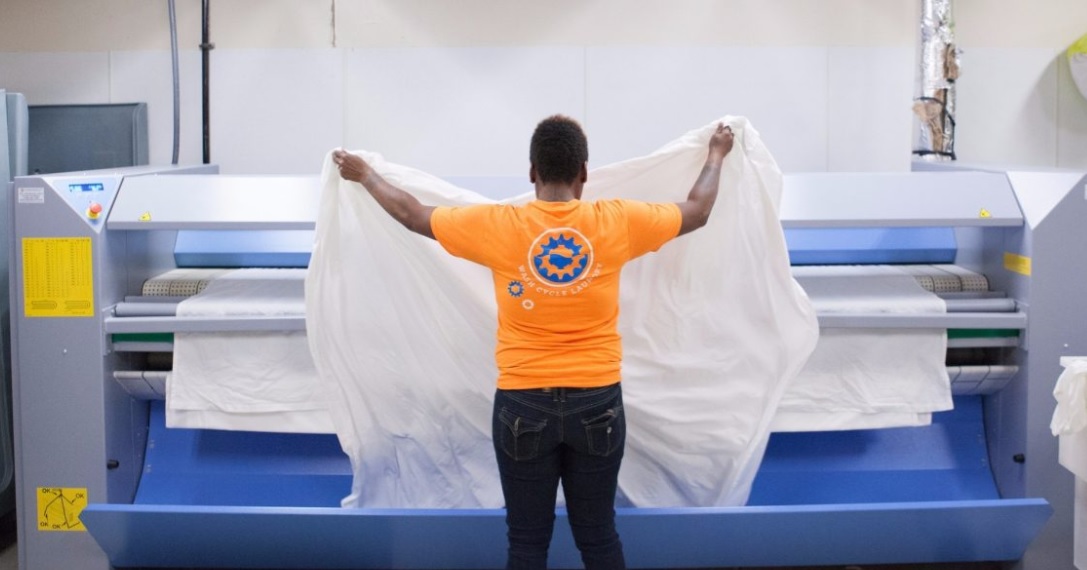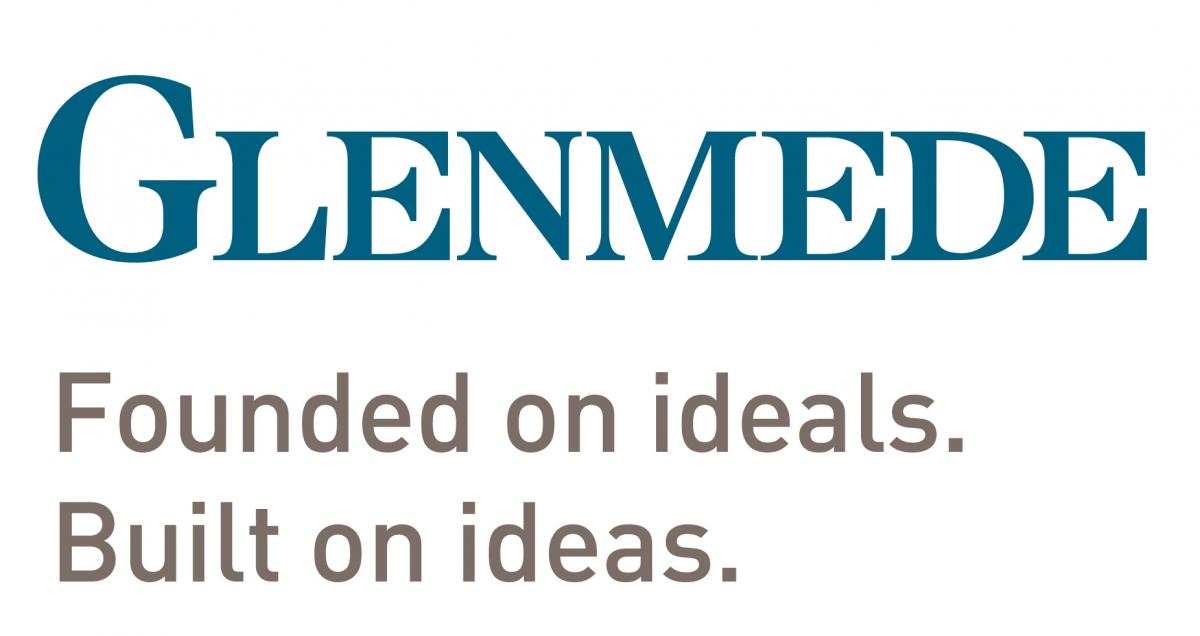
By Ann C. Logue
Since 1996, the Patricia Kind Family Foundation (PKFF) has worked to alleviate poverty in the Greater Philadelphia area. Although PKFF’s grant-making reach is considerable, then Managing Trustee Laura Kind McKenna wanted to do even more. Starting in 2000, she worked with the rest of the board to move the Foundation’s endowment into mission-aligned investments, or investments that place positive effects on society on par with or above market-rate financial returns.
Through this work, PKFF has been able to directly impact the communities it supports. For example, the Foundation made a private equity investment in ULTRA Testing, a QA software testing firm that employs people on the autism spectrum. “There is a large percentage of people on the spectrum who are unemployed, even the highly educated. Some of the barriers to employment are social skills when interviewing,” Laura explained. “We think of [direct investments] as a way to add value to our money, in addition to grants. It’s another way to do good and if the company takes off, we can reinvest our profits to do even more good.”
PKFF also gives out low-interest loans. They made a five-year loan to Wash Cycle Laundry, which helps vulnerable adults reenter the workforce. Other loans have gone to organizations taking innovative approaches to poverty alleviation, including Nourish Mobile Market, a food truck that brings healthy foods to food deserts and employs local shelter residents at the same time.
A New Perspective, a New Way to Do Good
PKFF’s investments put it outside the box. The traditional perspective on foundation investing is that 5% of assets should be spent on mission-related funding (as mandated by the Internal Revenue Service). The remaining assets are then generally invested to generate the returns necessary to maintain spending in perpetuity. These investments are not necessarily tied to the foundation’s mission.
According to Laura, however, this model of values-agnostic investing limits the amount of good a foundation can do with its endowment. And for her, this was a problem. “Why should foundations, which are set up to do good, use only 5% of their assets to actually do good and use the rest of it, a full 95%, to function like an investment bank?”
The Journey to Mission-Aligned Investments
For Laura, everything changed 17 years ago when she heard Luther Ragin, Jr., then of the F.B. Heron Foundation, speak about foundation investing. Ragin explained that all investments have an effect on society. Some effects supported Heron’s mission while others undermined it. This inspired Laura, and she began to work with Glenmede, an investment and wealth management firm serving endowments, foundations, and high-net-worth individuals, to make mission-aligned investments.
“Laura was an early adopter and a pioneer,” said Casey Clark, Director of Sustainable and Impact Investing at Glenmede. “She really was a spokesperson, particularly for foundations without full-time staff. She began talking about this long before it was topical. Importantly, she leads by example, showing that all foundations are capable of developing mission-aligned plans across their entire asset allocation.” Additionally, with increased data availability and product development, he added, innovations over the past few years have made it easier for foundations to align their investments with their mission.
For PKFF, the process of working with Glenmede was fruitful. “We’re a foundation that has $35 million. We’ve done [mission-aligned investing] on a grassroots level and know it works. We now have close to 100% of our endowment aligned with our mission,” Laura said. “A lot of the financial firms are doing business as usual and calling it impact investing. Glenmede, and especially Casey, has been a partner in this movement and in looking at this mission-first approach that traditional investing hasn’t figured out … Glenmede has been a very good partner in this journey of working out the big and the little things that work to increase our impact beyond grants.”
Spreading the Word about Untapped Potential
Laura believes that foundations of all sizes can and should move beyond financial-first thinking and focus on maximizing good works. As part of this effort, she has met with and coached trustees at other foundations. Her advice is to start by understanding and embracing the importance of mission-aligned investing. The details can be figured out later. “If you come to your advisers and start with the basic premise that you have untapped resources, the specifics can be worked out. In the past, people started with these complicated ideas that required a lot of due diligence.” In this spirit, PKFF takes a broader approach to investing than applied to grant making. While grants are only given in the Greater Philadelphia area, for example, investments have no geographic limitation.
Taking a mission-aligned investment journey may seem daunting, but PKFF has demonstrated that the rewards for foundations are many and that, with a flexible approach, the risks can be largely contained. Today, led by Managing Trustee Christine Kind* and the support from the entire board, PKFF continues to push the impact investing movement forward. Foundations that want to do more good and change more lives can look to the untapped power of their endowments.
This post originally appeared on Impactivate, Glenmede's Impact Investing Exchange (8/21/17)
*Christine Kind served as Managing Trustee of the Patricia Kind Family Foundation at the time this post was first published.

